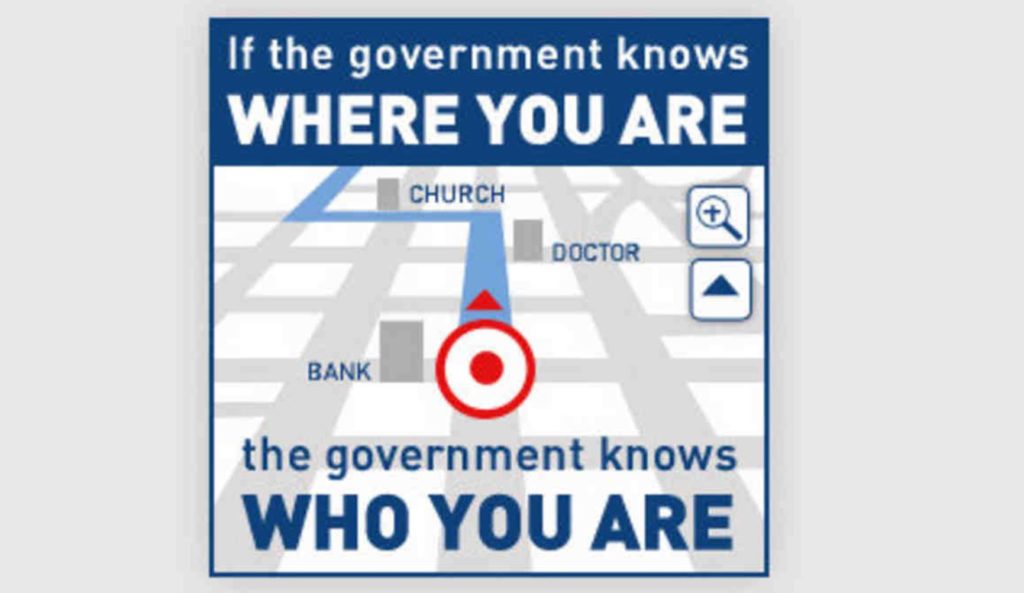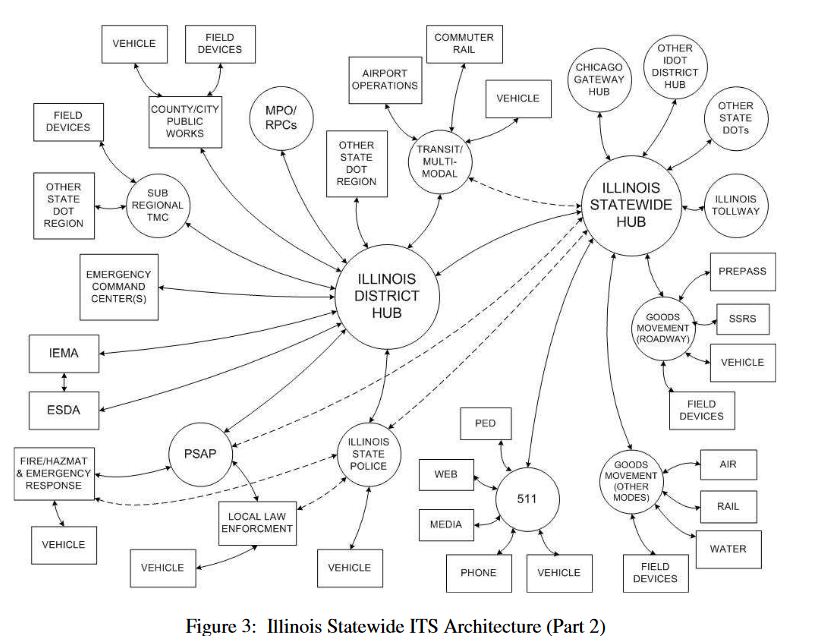 By MassPrivateI
By MassPrivateI
Which is typical government doublespeak to explain away Big Brother tracking innocent motorists.
Taken at face value, Fairview Heights reasons for tracking everyone is nothing new, they use the same cookie-cutter excuses that law enforcement across the country have been using.
But what really caught my eye was the “other resolution approved by the council.”
The other resolution calls for the city to belong to the DEA’s National License Plate Reader Network (NLPRN).
The other resolution approved by the council calls for the city to belong to the National License Plate Reader Network which is administered by the DEA. The agreement with the DEA allows Fairview Heights Police to both input data into the national system and retrieve data from it along with establishing the processes for the sharing and use of such information.
How does capturing the personal information of everyone driving through or into Fairview Heights prevent or deter crimes?
Fairview Heights Police officers “can input data into the national system and retrieve data from it along with establishing the processes for the sharing and use of such information.”
That same agreement further specifies that the information obtained through the NLPRN can only be used “for the investigation of drug trafficking offenses, money laundering, other crimes, amber alerts, silver alerts and in the furtherance of the mission of a traffic stop.”
But those are not the only things law enforcement uses them for.
The Fairview Heights Police Department and other agencies are helping the DEA expand their 343 million license plate database.
Five years ago, people were outraged to learn that the DEA had created a 343 million license plate database; this past year private ALPR companies have created a list of license plates that makes the DEA database look utterly laughable. Combined, these three ALPR companies have created a list of more than 14 billion license plates that track everyone’s movements across the US over many years.
Illinois law enforcement and other agencies have also created a statewide vehicle surveillance-sharing network.
IDOT trunking system’s vehicle surveillance-sharing network

Credit: Illinois DoT
As far as further plans go, Chief of Police Chris Locke said, “things are advanced to the point that the IDOT trunking system can be used to make connections under the state highway when the time comes to add more to the system.”
As you can see by the above illustration, the IDOT trunking system, shares personal license plate information with numerous government agencies. (To find out more about Illinois trunking system click here.)
Apparently, sharing everyone’s license plate information with local, state, and the Feds isn’t enough.
Because Fairview Heights also wants to spy on people purchasing legal pot.
Alderman Frank Menn suggested the possibility of placing such license plate readers around any cannabis dispensaries that may be opening in Fairview Heights and Locke answered that the devices can be placed anywhere the city wants to have them set up.
Menn’s statement should serve as a red flag to anyone who still clings to law enforcement’s misleading statements about license plate readers.
The Herald Publication did a fantastic job in explaining what police ALPRs are really being used for:
As part of a DEA program that was initiated in 2015 and has been growing in the United States ever since, the license plate readers are high-speed, computer-controlled camera systems that are typically mounted on street poles, streetlights, highway overpasses, mobile trailers or attached to police squad cars. They automatically capture all license plate numbers that come into view, along with the location, date and time. The data, which includes photographs of the vehicle and sometimes its driver and passengers, is then uploaded to a central server.
Do you really want law enforcement to know who is in your passenger seat? Do you want Big Brother to know when you go to the bank, pharmacy, grocery store, liquor store, place of worship, or cannabis dispensary?
Law enforcement’s lies about ALPRs are apparent to anyone willing to look beyond the headlines and see what everyone has been saying for years: ALPRs can and will be used to track everyone’s movements.
Article source: MassPrivateI Blog
Top image: ACLU
Subscribe to Activist Post for truth, peace, and freedom news. Become an Activist Post Patron for as little as $1 per month at Patreon. Follow us on SoMee, Flote, Minds, Twitter, and Steemit.
Provide, Protect and Profit from what’s coming! Get a free issue of Counter Markets today.

Be the first to comment on "The DEA’s National License Plate Reader Network Expands To Smaller Cities"